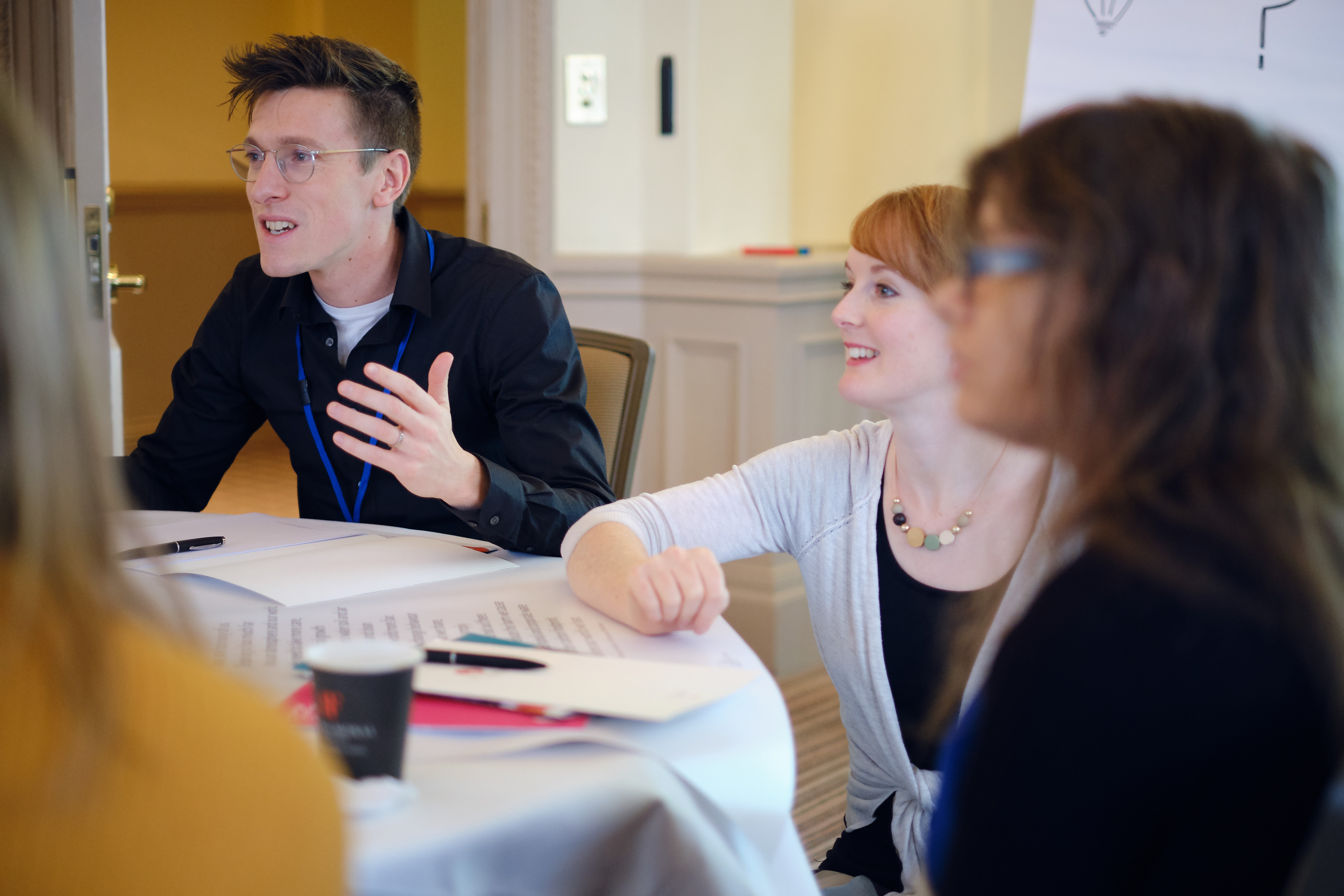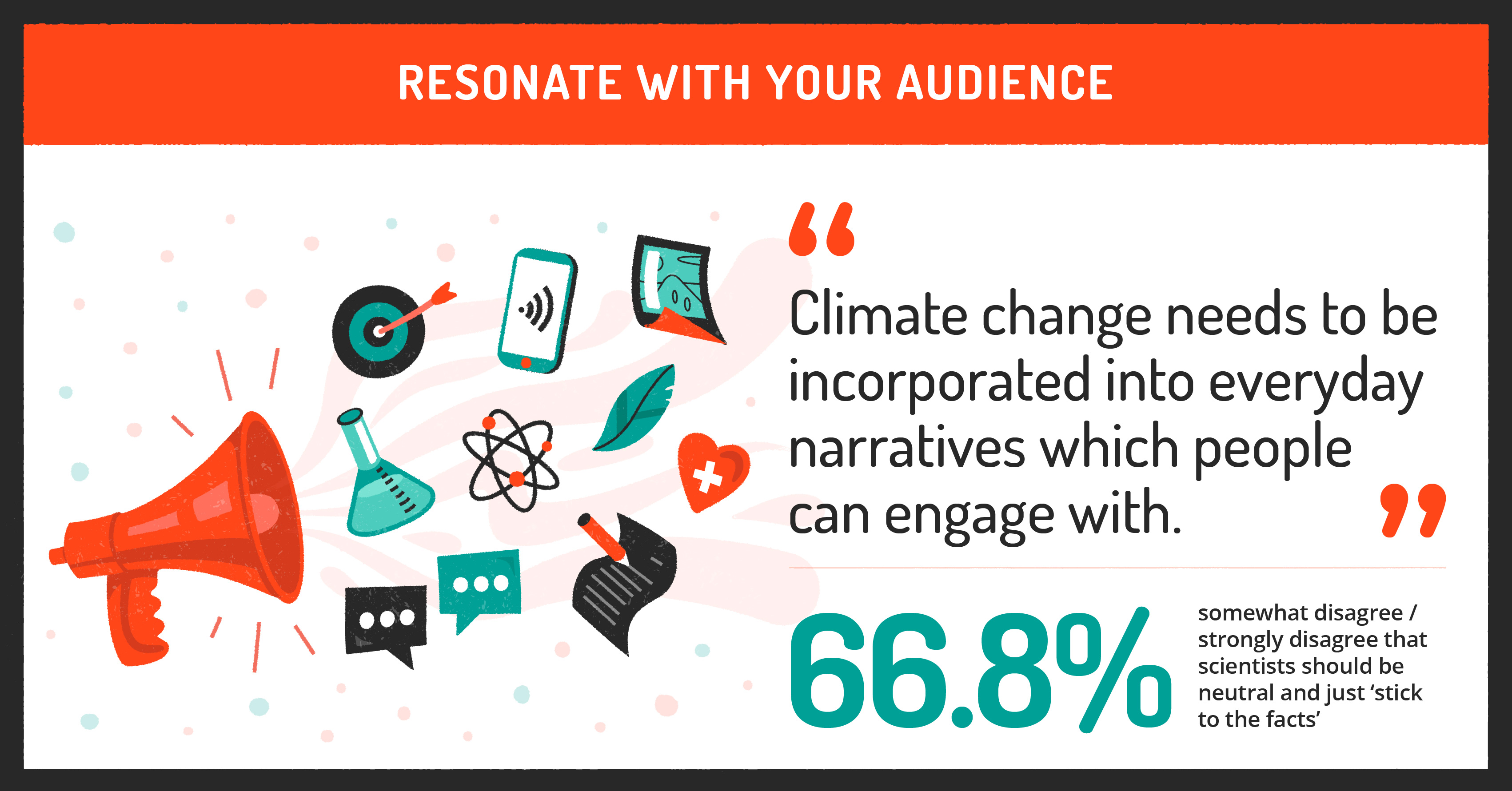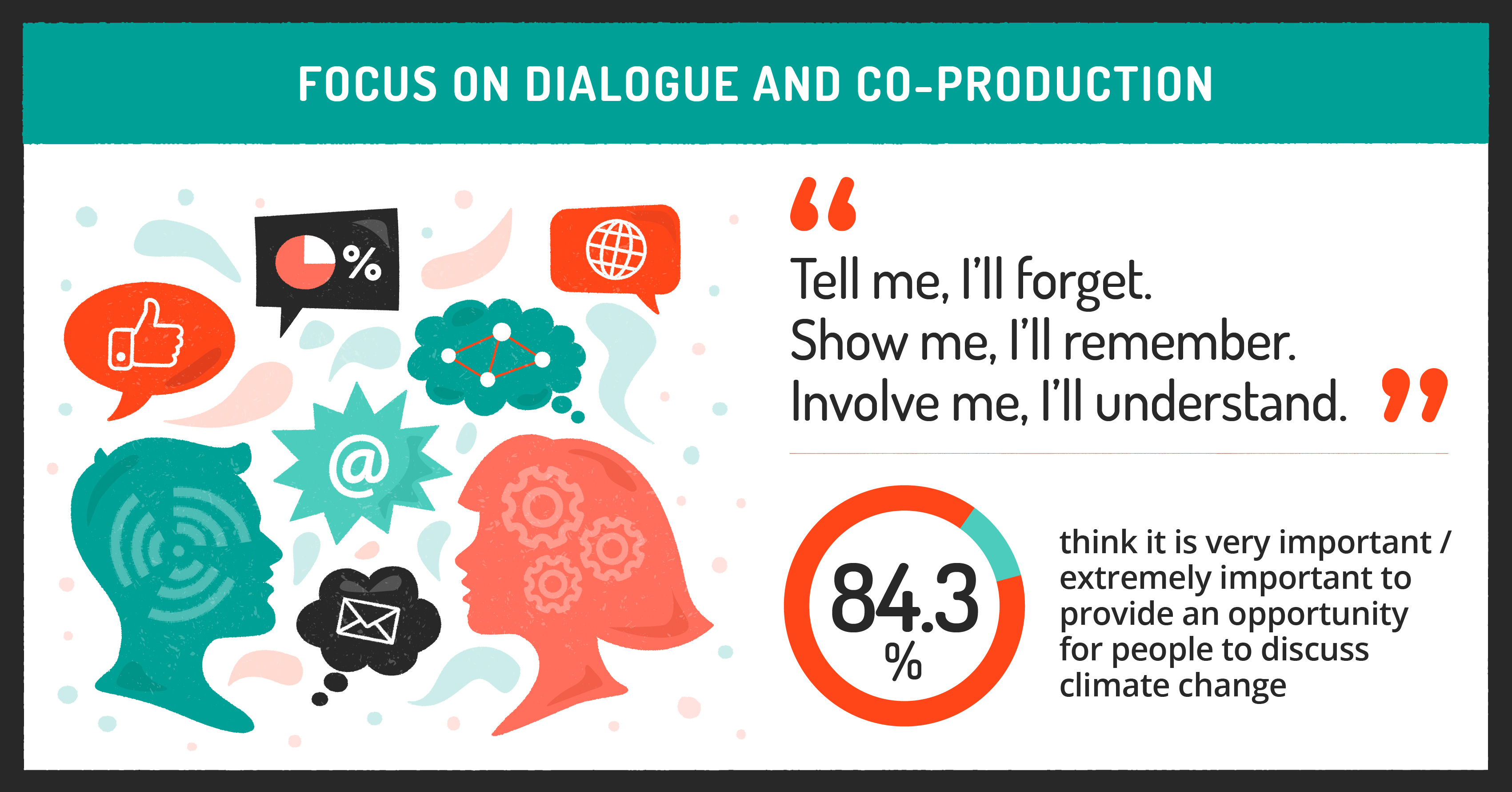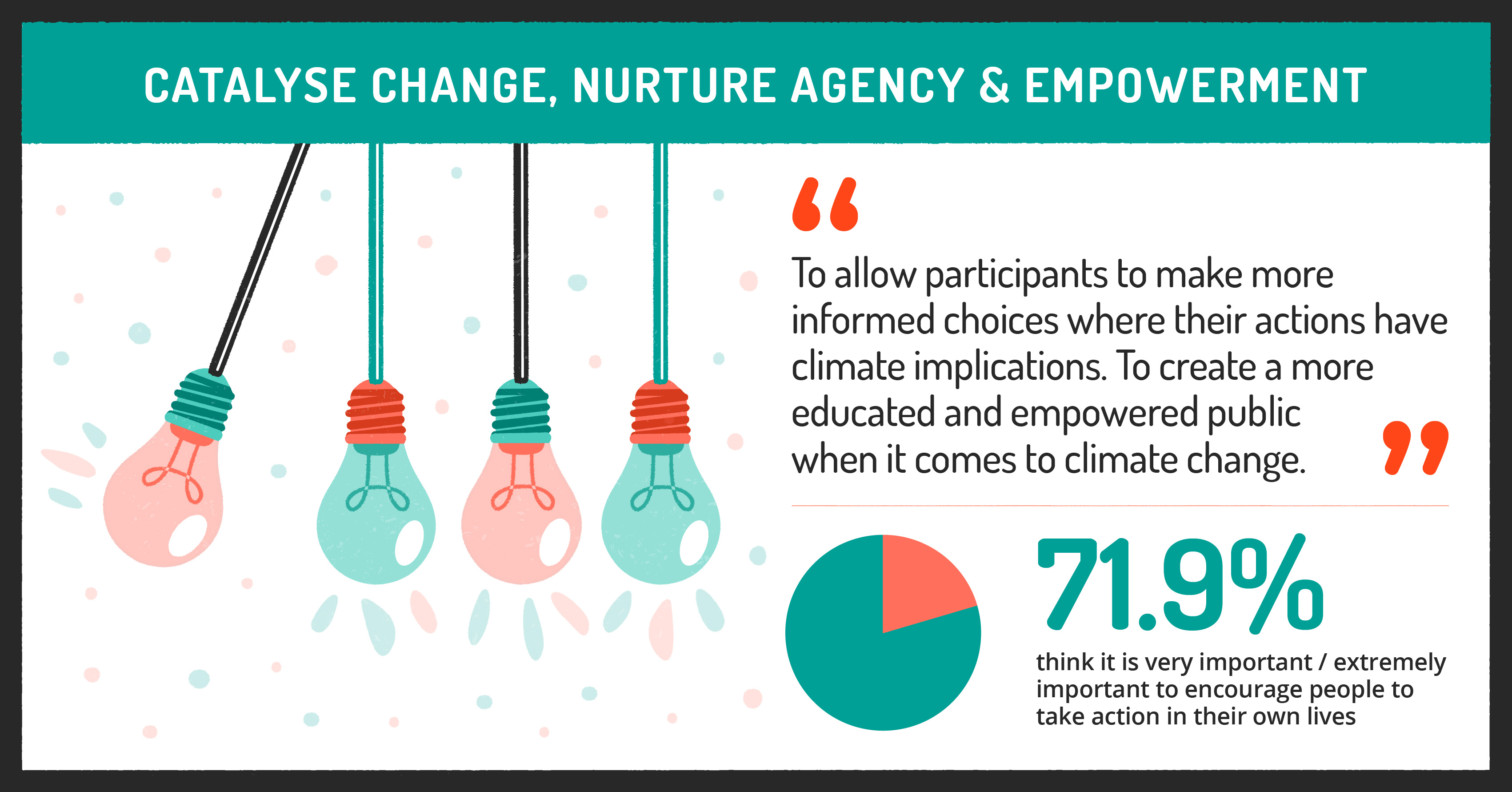Stepping up climate communications

The Climate Communication Project brought together leading academics and practitioners to take stock of what they know about public engagement with climate change in the UK, and how to communicate about it in the most effective way.
Led by the Priestley Centre’s director, Prof Piers Forster, the Climate Communication Project was part of a major public engagement programme, Engaging Environments. Funded by the Natural Environment Research Council (NERC), the programme demonstrates the importance of engaging with the public to address complex environmental issues.
Six initiatives were funded in October 2017, establishing groups of collaborative partners to engage the UK public with environmental science. Key lessons from all six projects have been pulled together into a booklet by the National Co-ordinating Centre for Public Engagement (NCCPE).
What do we know about climate change communication?
The Climate Communication Project found that a broad range of evidence exists – both academic and practice-based – which can be used to inform effective public engagement. But it isn’t always easy to access!
Using a process of expert elicitation modelled on the International Panel for Climate Change, and developing the first synthesis of key research and recommendations, the Climate Communication Project shed light on how to engage audiences with climate change more effectively.
Winning over hearts and minds
To mark the end of NERC’s Engaging Environments programme, the Climate Communication team has picked out three ways to step up climate communications practices:
Resonate with your audience: position climate change as part of everyday life
Consider the values, beliefs and attitudes of your audience. Once established, build and tailor engagement around these insights. Make the engagement activity personally relevant and familiar, showing how it will affect the audience directly (for instance, making links to human health, politics, and everyday activities).

Be engaging and build balanced optimism: focus on dialogue and co-production
Get to the crux of the communication quickly and crucially, make it interesting! Use captivating visuals, stories, narrative, humour and other creative forms of engagement to build a sense of optimism about tackling climate change. Recognise the scale of the problems we face, but also emphasise the ways we can overcome them. Don’t forget to listen and learn with your audience, and don’t set out to ‘teach’ them.

Catalyse change: nurture agency and empowerment
Inspire your audience to do something actively about climate change. Help people to gain confidence so that they feel ready take actions and see which actions are effective. Catalyse individual and collective level changes, and boost political engagement around climate change.

These are just three of the key recommendations, but 20+ summary blogs and the Climate Communication in Practice report uncover many other useful ways to improve your climate communications practice, as well as insights into what makes an event a success or failure, and ‘lifts the bonnet’ on climate communications, revealing the areas of agreement and disagreement amongst practitioners.
The future of public engagement
The Climate Communication Project made useful steps towards shaping a better communications landscape around climate change, but much work is still required. There is a clear need to build up the infrastructure and capacity around climate engagement, and evidence that communication practitioners can learn more from the likes of artists, journalists and campaigners.
In addition to the six projects, the NCCPE commissioned research on the views of NERC-funded researchers on public engagement and how it was supported. The report is available on the NCCPE website.
Key challenges identified in the report echo those seen across the higher education sector as a whole, in particular the need for more to be done to embed engagement into the culture of academic and institutional workplaces and provide access to training and support, especially around impact and evaluation.
Dr Harriett Richardson is the Communications Manager at NCAS and coordinator of the Climate Communication Project.
Download the compiled final reports from all six Engaging Environments initiatives.
